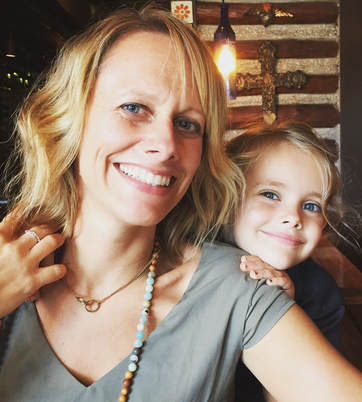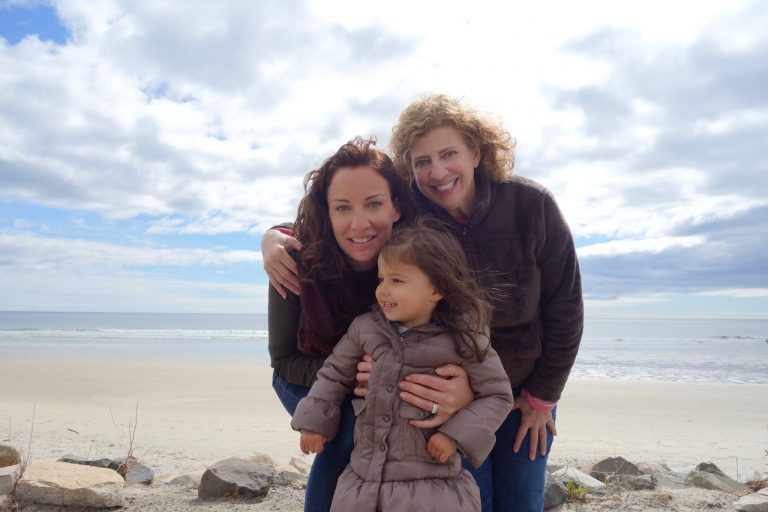|
With our little ones just starting school, we thought it would be meaningful to talk to a seasoned expert in the field about her views on public education and the Common Core method of teaching. Stephanie Doran has been in the field of education for over 17 years, as a classroom teacher and teacher-mentor and trainer in NY and FL. Stephanie has worked in both the public and private sector, in traditional classrooms and Montessori settings. In addition, Stephanie presents in national conferences on both math and collaborative classroom strategies.
SSP: A very general question to start the conversation - what are your thoughts on the state of public education in this country, specifically as it relates to elementary aged children? Our education system, or the foundation for the educational system, was created in the early 1900’s to prepare children to work in factories. Unfortunately not much has changed in that system. Now we have a completely different society where we don’t need to memorize facts, but rather create critical thinkers and problem solvers. Our education system needs to be completely revamped and teachers need to be taught strategies to teach students to become those problem solvers that we need. SSP: What do you see as the biggest hurdle facing this country when it comes to education? Many teachers and parents remember how they were taught, to memorize and produce that information for a test and then move on. Today, our students need to understand big concepts rather than memorize facts. That can be uncomfortable for parents who might not understand why students are being taught these different strategies. Now, it’s more important to understand the process and to get a handle on the critical thinking. That’s more important than answering a fact for an answer on a test. SSP: How do we, as parents, help? Be open minded. Understand the way we learned a topic is not necessarily the best way, and that there is more than one way to learn. Also, it’s important to ask your children open-ended questions. For example, ask students “What do you think about this?” And help them become critical thinkers versus memorizers. Also, letting them struggle and make mistakes is very important. There is a lot of research that shows your brain grows when you make a mistake. So we must allow them to make mistakes. It’s OK to struggle. This is key. SSP: On the flip side, how have you seen education improve over the last couple of decades, and what made those positive changes happen? The goals of the common core standards are positive, because as educators it creates benchmarks for our students. And I think more teacher colleges are embracing and teaching different strategies and ways to approach a topic. More teachers are starting to see themselves as facilitators of learning instead of directors of learning. SSP: The enthusiastic debate continues around common core (or as it has just recently been revised and renamed in NY as “The Next Generation English Language Arts and Mathematics Standards”). What are your thoughts on it, and do you truly believe it sets our children up to be successful in college and life? I believe that yes, it does, if it is facilitated and implemented properly. I think that more teachers need to be trained correctly. By being trained correctly, they will know how to properly teach the strategies. Many teachers do not get the professional development that they need or the support that they need, so they don’t understand how this works, what it looks like, and how to change the classroom. Bottom line is that teachers need the proper support to let go and let the children become independent thinkers. SSP: How do we as parents help our child and support this “new” way of thinking when it is completely foreign to how we learned? Here are some specific strategies: No matter what your kids ages are, when you are reading to your child, stop and ask questions. “I wonder what the main character will do next”? Or “That’s interesting..what do you think about that”? Also math-wise, try to get your kids involved in everyday discussions about math. For the younger ones, think about asking “There are 4 of us at dinner - how many plates and forks do we need? How many do we need in all? Can we count by 2’s”? For the older kids, it might be: “Let’s make our grocery list. What does each cost, and what is our budget”? SSP: What advice do you have to give to parents in regards to best supporting their child throughout the younger school years? I think it’s important to get involved and understand what is happening in the classroom and to allow your child to be that independent thinker and problem solver. If they bring homework home, try to let them get through it on their own first. If they say “I need help”, ask them specifically “What do you need help with”? Then, “Let’s read the directions together”. Afterwards ask “What do you know”? And then “What do you need to know, what do you wonder”? SSP: What can we do to help bring positive change to the public school system - is there anything we can do on a grassroots level? Teachers need training and development. Think about starting or supporting an existing teacher development fund. OR…gift your teacher a membership to NCTM, the national council of teachers for mathematics (there are memberships for other areas of study as well). It’s a great resource for ideas, they provide newsletters, updates and provide free professional modules to the members for professional development (learning a concept, etc). Whatever their professional development resource of choice, it’s around $100 a year but many teachers can’t afford to spend this. Stephanie holds a Master’s of Science in Education, a Bachelor of Arts in Creative Writing, and is Montessori trained in both the Upper Elementary and Adolescent curricula.
0 Comments
Leave a Reply. |
Jen Valu
|



 RSS Feed
RSS Feed




